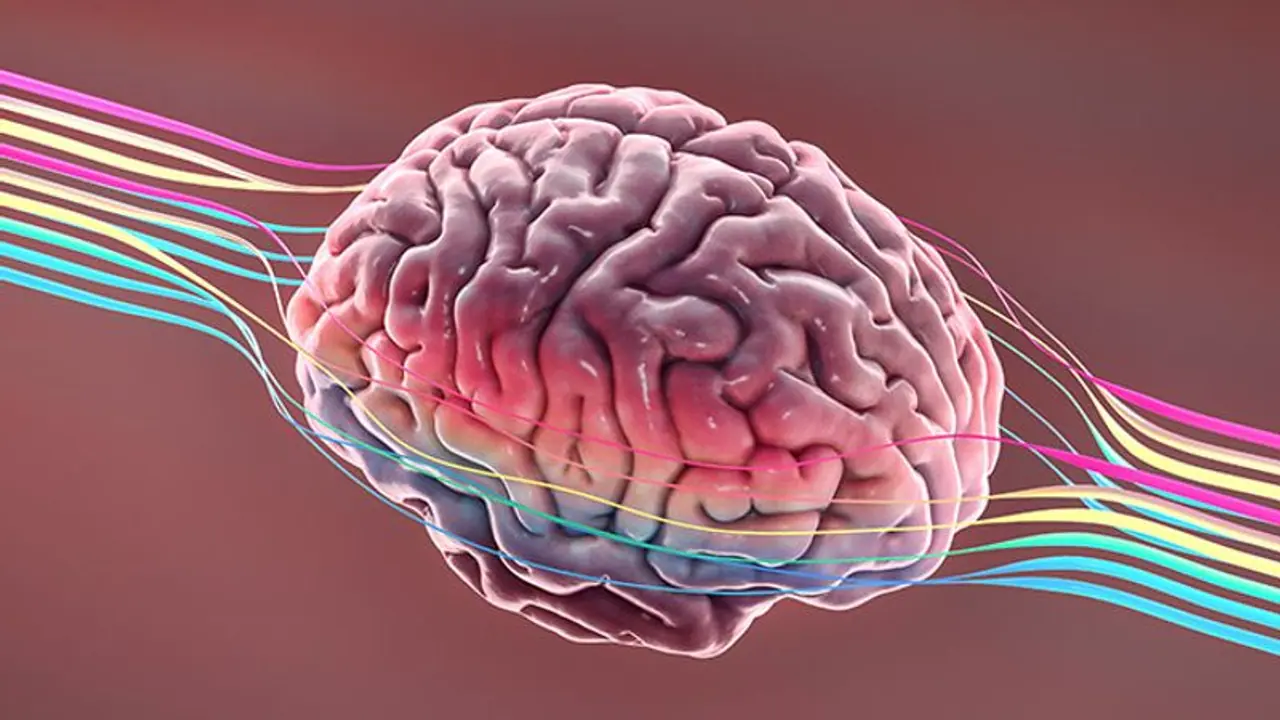This article offers an extensive overview of brain tumours, shedding light on their symptoms, diagnostic procedures, and available treatment options.

Brain tumours are abnormal formations of cells that develop within the brain or its surrounding tissues. They can be categorised as benign (non-cancerous) or malignant (cancerous) and may originate within the brain or spread from other body parts. This article offers an extensive overview of brain tumours, shedding light on their symptoms, diagnostic procedures, and available treatment options.
Brain tumours are classified based on their location, cell type, and whether they are primary or metastatic. Primary brain tumours emerge within the brain itself, while metastatic brain tumours result from spreading cancerous cells from other areas of the body. Common primary brain tumours include gliomas, meningiomas, and pituitary adenomas.
We spoke to Dr S S Praharaj, Additional Director - Department of Neurosurgery, Fortis Hospital Bannerghatta, who taught us that the symptoms of brain tumours could vary depending on their size, location, and growth rate. Some prevalent symptoms encompass:
Also Read: World Brain Tumor Day 2023: Empowering Minds, Inspiring Hope
- Frequent or severe headaches that worsen over time.
- Unexplained seizures, especially in individuals without a history of epilepsy.
- Memory problems, confusion, mood swings, and difficulty concentrating.
- Weakness or numbness in limbs, difficulty walking, or impaired coordination.
- Blurred or double vision, hearing loss, or ringing in the ears.
- Nausea and Vomiting, especially in the morning or unrelated to other digestive issues.
- Hormonal imbalances lead to changes in appetite, weight, or libido.
Diagnosing brain tumours involves several procedures, including:
- Neurological Examination: Examine reflexes, muscle strength, coordination, and mental status.
- Imaging Tests: Magnetic resonance imaging (MRI) and computed tomography (CT) scans provide detailed brain images, aiding in locating and assessing the size and characteristics of the tumour.
- Biopsy: A sample of the tumour is extracted and examined under a microscope to determine its type and grade.
The treatment approach for brain tumours depends on tumour type, size, location, and the patient's overall health. Standard treatment options include:
- Surgery: The primary treatment for many brain tumours, aiming to remove as much of the tumour as possible while preserving brain function.
- Radiation Therapy: High-energy X-rays or other radiation sources target and destroy cancer cells after surgery or as the primary treatment for inoperable tumors.
- Chemotherapy: Medications administered orally or intravenously to kill cancer cells or impede their growth.
- Targeted Drug Therapy: Certain drugs specifically target the genetic or molecular abnormalities in tumor cells to inhibit their growth.
- Immunotherapy: Utilizing the body's immune system to recognize and attack cancer cells.
- Supportive Care: Addressing symptoms and enhancing the patient's quality of life through pain management, physical therapy, and counseling.
Also Read: Here are 5 easy ways to clean your gold jewellery at home, try them out NOW
Brain tumours present significant challenges for patients and their families, but advancements in medical science have improved diagnostic techniques and treatment options. Early detection and a multidisciplinary approach involving neurosurgeons, oncologists, radiation therapists, and supportive care professionals can greatly enhance outcomes. If you suspect any symptoms related to brain tumors, promptly consult a healthcare professional to facilitate timely diagnosis and treatment.
